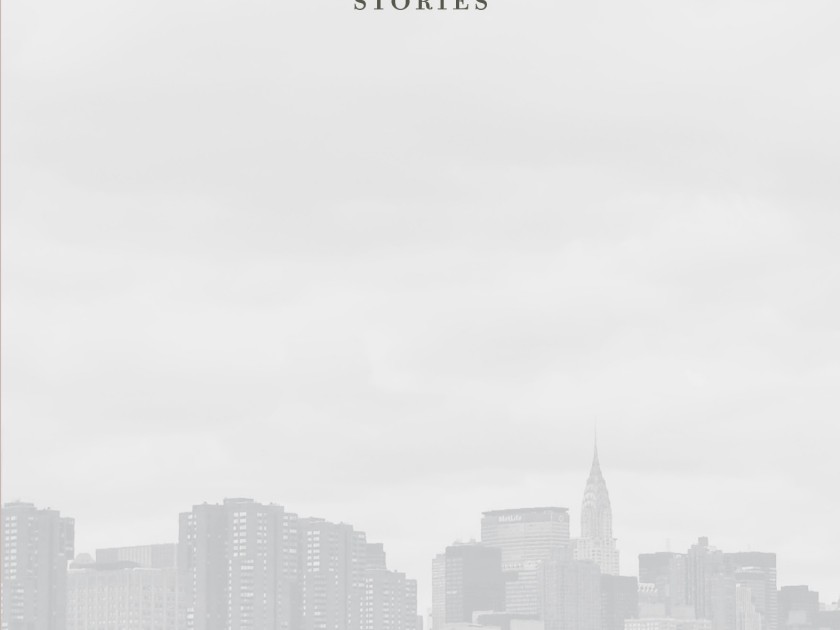Join a community of readers who are committed to Jewish stories
Sign up for JBC’s Nu Reads, a curated selection of Jewish books delivered straight to your door!

Erika Dreifus‘s first book, Quiet Americans, will be published on January 19th. Check back all week for her posts on the Jewish Book Council and MyJewishLearning‘s Visiting Scribe.
Early next month, four other writers—Andrew Furman, Kevin Haworth, Margot Singer, and Anna Solomon—and I will gather in a conference room for a panel titled “Beyond Bagels & Lox: Jewish-American Fiction in the 21st Century.” (Hopefully, some semblance of a critical mass of an audience will be there as well.)
This session is just one among a dizzying array of offerings organized by the Association of Writers and Writing Programs (AWP) for its annual conference. If you aren’t familiar with AWP, you may find this description from Executive Director David Fenza to be helpful:
The mission of The Association of Writers & Writing Programs is to foster literary talent and achievement, to advance the art of writing as essential to a good education, and to serve the makers, teachers, students, and readers of contemporary writing.
More than any other literary organization, AWP has helped North America to develop a literature as diverse as the continent’s peoples. This, of course, is also a boast for the democratic virtues of higher education in North America and the many public universities that comprise AWP. AWP’s members have provided literary education to students and aspiring writers from all backgrounds, economic classes, races, and ethnic origins.
True to this mission, the conference travels around North America. We’ll gather in D.C. this winter; next year, the conference returns to Chicago. After that, Boston, Seattle, and Minneapolis will play conference host.
I hesitate to speak for my co-panelists, but it’s probably safe to say that we’re all very pleased to be part of this year’s conference program. Since we’re hoping to run our panel on something akin to a roundtable model, we won’t be reading individual papers serially (as is often the case at academic/scholarly conferences). Rather, we are aiming to offer a lively discussion — among ourselves and with the audience — in line with what our official description in the conference program promises:
Jewish-American fiction has long been seen as a literature of emigration from the shtetl, assimilationist angst, and overprotective parents. But what’s nu? How do Americans born decades after the Holocaust and the birth of the State of Israel deal with those complex subjects in fiction? Who are the “new” Jewish immigrant characters? How does American Jewry’s more than 350-year history inspire plot/setting? And how are writers today influenced by Judaism’s rich multilingual and spiritual legacy?
When we submitted our panel proposal last spring, we were also required to share a brief “statement of merit” for the conference organizers to consider. Here is what we wrote:
Although many Jewish-American writers participated in the 2010 AWP conference, not one panel session was devoted specifically to Jewish-American writing — in any genre. Our panel not only enriches the conference’s already distinctive multicultural character, but also surveys the variety within contemporary Jewish-American fiction, offering support, inspiration, and resources for attending writers whose work addresses material similar to that reflected in the panelists’ publications.
If you peruse this year’s schedule, you’ll see that the AWP conference indeed possesses a wonderfully multicultural character. You may even notice that “Beyond Bagels & Lox” is not the only panel featuring Jewish-American writers or writing. And I suspect that those other sessions, like ours, will demonstrate diversity within themselves, too. For, as our literature teaches us, there are innumerable facets to “Jewish-American experience.”
The important point is this: Jewish-American writing belongs at the multicultural literary table, as was noted at a different conference one year ago. Next month, when AWP meets in our nation’s capital, it will be.
Check back all week for more posts from Erika Dreifus.